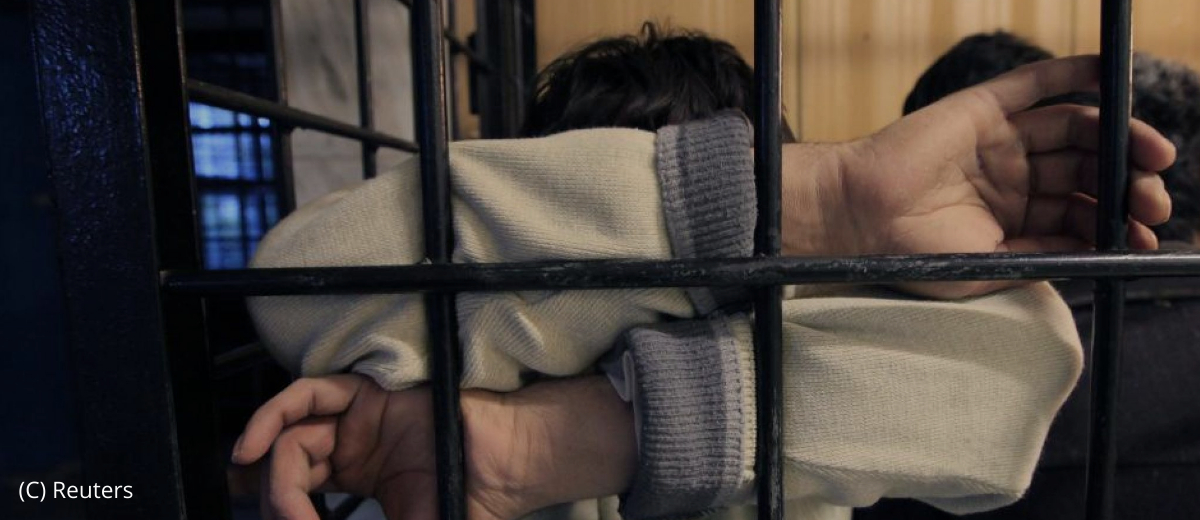

Migrants continue their long vigil inside Russia’s detention centres
The Coronavirus pandemic has worsened the prospects of those migrants stuck indefinitely in Russia’s detention centres.
With international borders closed and all train and flight services suspended, thousands of migrants continue their long vigil inside Russia’s notorious detention centres, unsure when they’d be allowed to go home. Those held in these prison-like conditions are often here for misdemeanours like expired passports and delays in renewals of migration cards. In the past few weeks, migrants violating lockdown rules are also being rounded up and sent here, increasing the strain on the 80-odd centres which are already bursting at the seams with more than 8,500 migrants (as of late 2019).
Many of the detainees are workers from neighbouring Tajikistan, Uzbekistan and Kyrgystan, some are asylum seekers from countries like Syria or Ukraine who have lost their appeals and even before the pandemic, many of them had been kept here indefinitely, awaiting bureaucratic clearances. Whether they are facing deportation or court-mandated expulsion, the detainees – many of them families with children – are being held in overcrowded facilities with no option for physical distancing and with poor healthcare and sanitation.
This, when coupled with the new directives to deport migrants who have tested positive for COVID-19, makes these centres a hotspot for new infections. While extensions have been applied on visas and a moratorium imposed on decision pertaining to deportation or expulsion, this doesn’t help those who are already in these detention centres. Arrests continue to be made despite the fact that the country had been slowly shutting down all modes of travel from March 23 with no clear indication on when they may be back in operation.
There have been some efforts to decongest these facilities. According to Human Rights Watch, about 200 Uzbek nationals were repatriated from a Moscow detention centre on April 12. But this has been an exception rather than a rule. There are communication gaps between Russian migration services and foreign governments. Detainees are not being released in the scale since in Belgium, Spain, and the UK, where hundreds of people are being released from detention centres.
For many years now, the European Court of Human Rights has been telling Russia shouldn’t detain any illegal migrants unless deportation or extradition proceedings are in progress. Human rights groups in Russian have also recommended that the state release those who are at high risk of contracting COVID-19 or who can’t be deported immediately.
The latest reports show Tesla needs to reduce Cybertruck assembly volumes while relocating employees because its sales figures failed to…
Over 100 ground staff of London's Gatwick Airport who were employed by the Red Handling have decided to involve themselves…
Bin workers in Birmingham are striking, and rubbish is piling up across the two areas. Now people are asking, what…
Delta Star Inc. said it will grow its business in Lynchburg by $35 million which will create 300 new jobs…
According to Bureau of Immigration data, Pakistan observed extensive labor migration during the first quarter of 2025 when 172.144 citizens…
White House authorities examine many discrimination accusations against Tata Consultancy Services (TCS), which operates as India's top IT services provider.…
This website uses cookies.
Read More